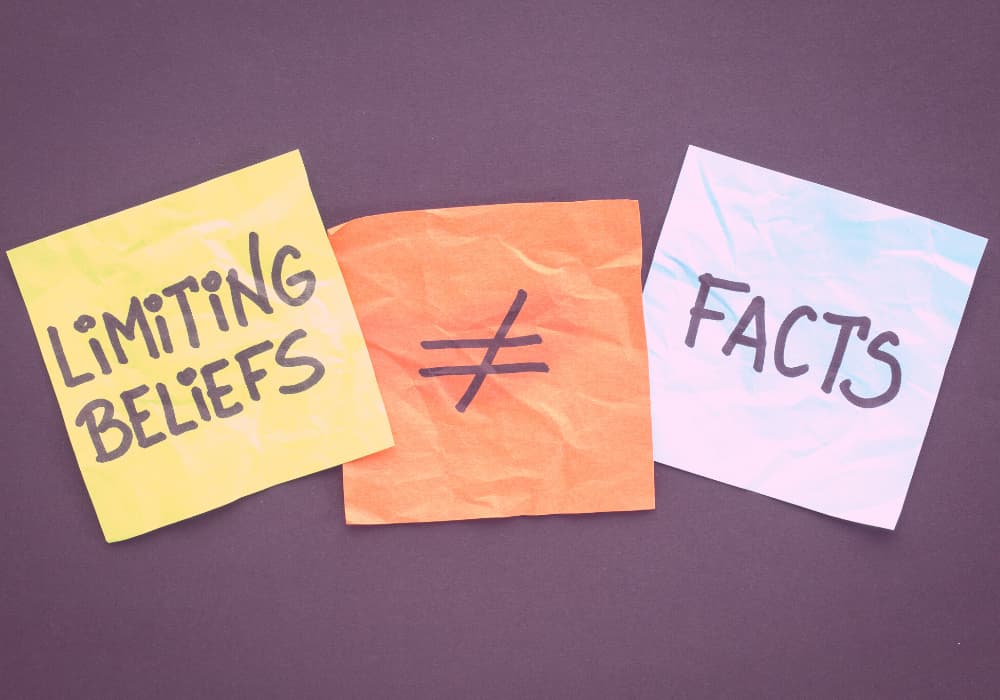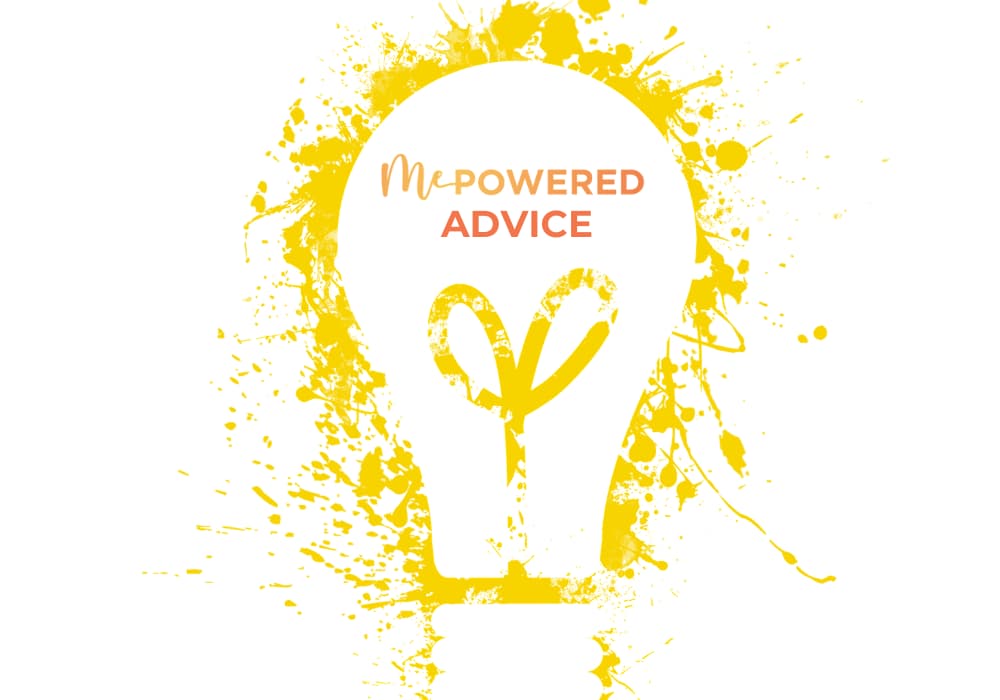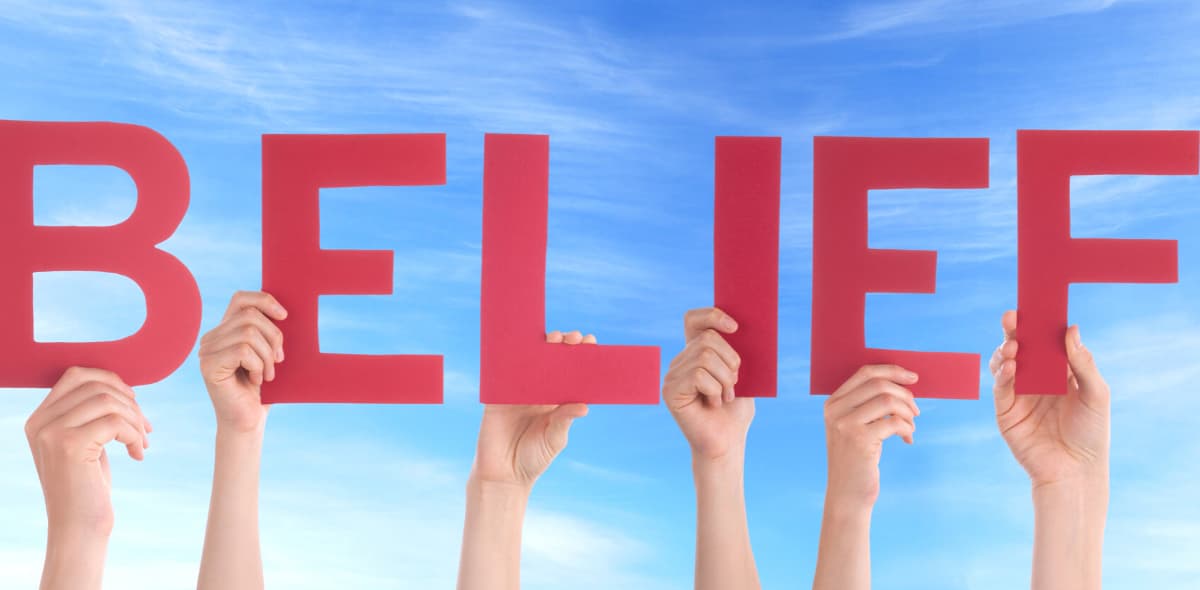If you have any goals in your career or personal life that involve changing your present, you need to master one key factor: your beliefs.
A tale about how beliefs are shaped
One morning a young man who was naturally an idealist woke up feeling particularly inspired and decided to do a good gesture… the type of gesture we might call “random act of kindness”.
He had just won a big client in his family business, so he decided to donate $50 each to the first two people he would bump into in the street.
It was early morning on a Sunday and not many people are out at that time. So, he decided to go to his local park and wait on a bench for the first two passers-by.
Soon a couple of very young-looking people walking together came along and he stood up and approached them. He handed out a $50 note each and said “Good morning, I want to donate each one of you $50 today. You can buy whatever you want with this money and I don’t expect anything in return from you”.
Both people stared at the man looking confused. One of them picked up the notes, looked at both for a moment, then gazed at his friend who looked equally puzzled. Then, he quickly returned the notes to the man saying only two words “No, thanks” before walking away with his friend and vanishing in a haste.
The generous man stood there in disbelief with the two notes in his hands. At first, he couldn’t comprehend what just happened. Then, he started to feel a surge of sadness which turned into a deep feeling of disappointment.
As he walked back home, he started to consider all the possible reasons why the couple he met didn’t accept his money….
- They are too young to understand the value of money – they think money is something that’s easily gained because they haven’t experienced yet how hard it is to earn it!
- They are very rich people and to them $50 are like peanuts so they don’t need those extra notes!
- They come from a country with a different currency and didn’t know they could exchange it into their own currency.
- They thought it was fake money – that’s why he surveyed the notes briefly: to check if it was real money.
- They are selfish people who would never do such generous gesture and assume all others wouldn’t either. So, they naturally distrust people.
As he was going through all these possible explanations, the man developed a feeling of anger about the experience he just had. He kept thinking about it for one more week and even when he was focusing on other things, a sense of resentment was growing inside him. In the end, he concluded that the couple he met were ungrateful people who did not appreciate his genuine gesture of kindness.
From that day on, the man developed new beliefs that stuck in his mind:
- People who are strangers are undeserving. So, it’s better to just engage with your own circle of family and friends and nurture only those relationships.
- Doing random acts of kindness is pointless: people won’t appreciate it. So, it’s better to mind your business and keep your money in your own pockets.
For the rest of his life he naturally avoided all types of social events which included people he didn’t know well. He didn’t even attend networking events for his business and delegated all client management activities to his other family members.
He never made donations to anybody, not even to charity organisations operating in the same field of his business.
People who didn’t know him since many years, would call him grumpy, anti-social and stingy and would try to avoid him even for work matters. Over time, he also lost a few clients who moved on to alternative providers.tal

Personal beliefs can be different from facts
The couple who were at the park that morning were in fact two creatures from another planet who had landed accidentally on Earth 5 minutes before meeting the protagonist of our story.
As soon as they arrived, they took the guise of humans to avoid accidentally scaring the locals.
They also learnt their language quickly enough to recognise that saying “No, thank you” was the best way to walk away immediately form the man they met accidentally and return to their planet.
They had no idea of what those objects the man handed over were. In their planet the concepts of “money” or “buying” don’t exist – their ecosystem is based entirely on mutual exchanges between circles of communities.
They didn’t even think about asking what those objects were because all they wanted to do at the time they bumped into the man was to go back home.
Their spacecraft was hiding inside a big maze which was one of the main attractions in that park and they knew they had to go back there before too many people arrived.
They managed to reach it a few minutes later, quickly re-programmed the correct destination on their control panels and left planet Earth, oblivious of what exactly happened in their chance encounter.

How to start managing your self-beliefs
You see, beliefs are a series of ideas our mind accepts as being true. We perceive them to be “the reality” because they are underpinned by an emotional sense of certainty which is based on the “learnings” we gathered during our life experiences.
Our beliefs – together with their underlying values – dictate how we behave because we continue to respond to life events on the basis of the mental associations we have set in our minds. This is why people end up manifesting their beliefs.
In many cases, this happens unconsciously so it’s very hard to break the behavioural patterns associated to our beliefs.
What you may not know is that they can be successfully re-programmed. As a qualified Performance Coach, I have been trained to fast-track the awareness and the re-programming of self-beliefs for my coachees.
To give you a head-start on how to self-manage your natural adherence to your beliefs, here are my top nuggets of advice.
1- Run a true/false assessment
Remind yourself that what you perceive to be your reality is only your own story of the reality. Look for evidence of what is happening to other people non connected to you in the same area of life you are dealing with, and ask yourself “What’s the factual evidence that the perception I have is universally true?”.
2- Approach everything with a clean slate
Whenever you think you know how a specific life or work event is going to turn out, ask yourself “What would happen if I didn’t know anything about this type of life experience instead?” “How would I approach it if I tackled it with an open mind?”.
3- Put yourself in other people’s shoes
Every time you are facing a new challenge, repeat to yourself: “My past does not equal my future.” Then try and analyse the situation from the perspective of somebody else of key importance to you: what would your no. 1 role model in life do in that situation? What would your worst enemy do instead?
4- Key takeaway: learn to control your limiting beliefs
The common outcome we all aim for when it comes to managing our beliefs is to maintain a feeling of balance. To do that, we need to stir away from beliefs which are getting in the way of our goals. As you may have heard before, in performance coaching jargon these are called “limiting beliefs”.
Limiting beliefs have a massive impact also in our career choices because we developed our beliefs well before our working age! By the time we start our first paid job, we already subconsciously respond to external events on the basis of our acquired beliefs system.
Having said this, with a good dose of constructive self-introspection and diligent self-checks, you can learn to control your limiting beliefs all by yourself.
The first and most important step is in fact to be aware of them. Then, you need to relentlessly maintain your focus to recognise the patterns and actively work on re-framing them.
Remember, you also have the option to ask for help on this.
If you get to the point where you are lacking balance and it’s having a negative impact on your career, reach out to me for guidance.
Chat To Me.
If you are ready to see some changes in your career or business, let’s chat!





